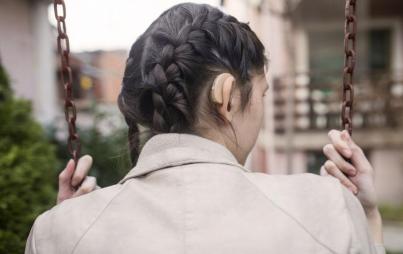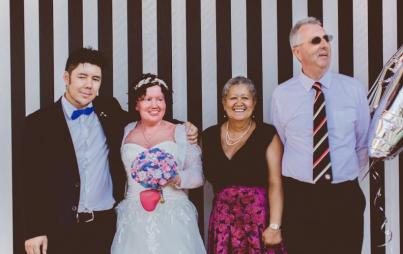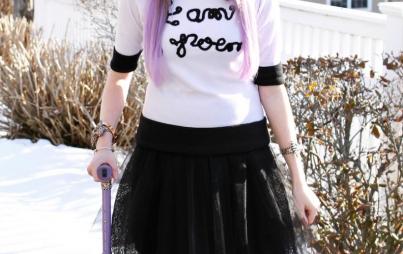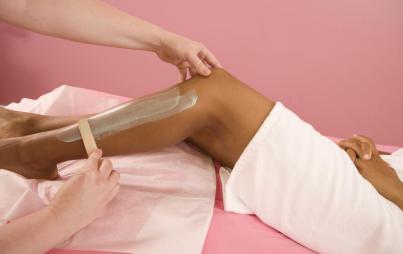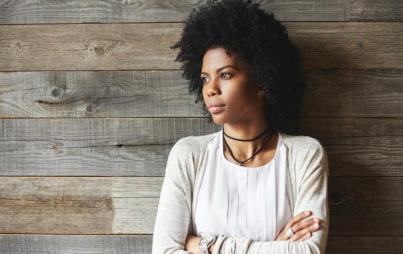Body Image & Disability
Much is made of the limitations and differences of disabled bodies and minds, but little is said of the limitations disabled people face by living in a society that refuses to represent or accommodate them in any meaningful way. Body image and disability intersect in ways that are rarely recognized. How does living with a disability affect body image, and how can the scope of body politics be broadened to include issues and experiences that are not limited to size alone?
In my role as a sex worker who sees clients with disabilities, I find I’m constantly learning about clear communication.
This assumption that I would want to hide my hearing aids always feels to me like a hint that I should be embarrassed by my disability — but I have no intention of keeping it a secret.
I used to ask the kids at school whether I would be white or black or brown if I didn't have red skin.
I’ve walked the line between visibly and invisibly disabled my entire life.
I stand in the bathroom for six hours.
I wanted to look as white and non-threatening as possible because the invisibility of my disability in conjunction with the vulnerability of being a Black woman was absolutely unbearable.
When I think sexy, the first thing that comes to mind is acting with abandon and being lost in the trance of feeling and response. My body might want that rapture, but it has to crawl through its own junkyard to get there.



